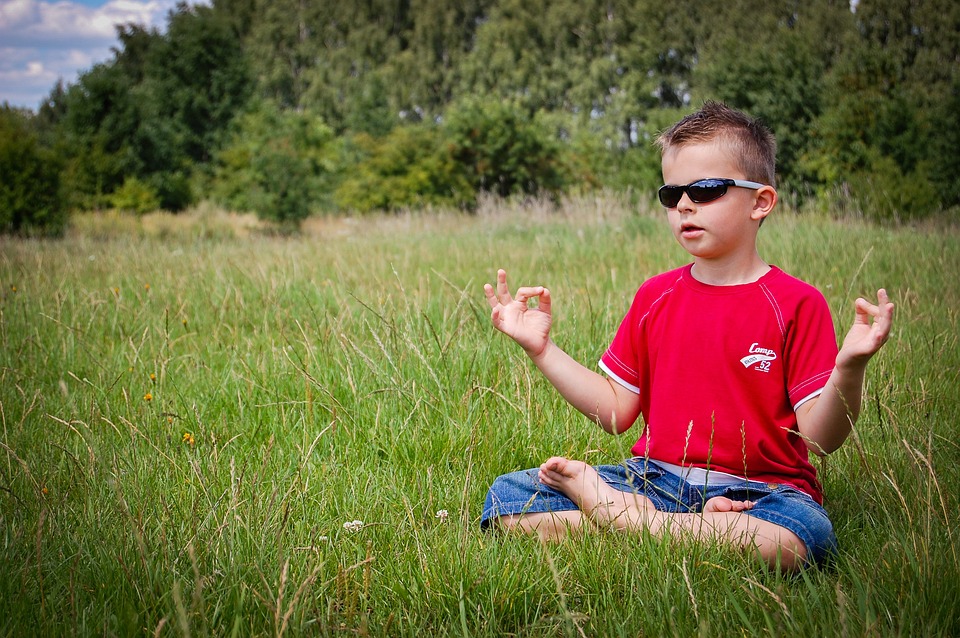As someone who struggles with anxiety, I know how overwhelming and all-consuming it can feel at times. It can be difficult to find relief from the constant racing thoughts and physical symptoms that come along with it. That’s why I turned to mindfulness as a tool for managing my anxiety, and it has truly been life-changing.
Mindfulness is the practice of being present in the moment and fully engaged in your surroundings without judgment or distraction. It’s about tuning into your senses and experiencing the present moment without getting caught up in worries about the future or regret about the past. This practice has been shown to be incredibly effective in reducing anxiety and stress.
One of the key benefits of mindfulness is that it helps you become more aware of your thoughts and emotions. Rather than getting caught up in a spiral of negative thinking, mindfulness allows you to observe those thoughts and feelings without judgment. This can help you gain a sense of perspective and distance from your anxiety, making it easier to manage.
Mindfulness can also help you develop a greater sense of self-compassion. When you’re struggling with anxiety, it’s easy to beat yourself up for not being able to control your thoughts or feelings. But with mindfulness, you can learn to be kinder to yourself and treat yourself with the same compassion you would offer to a friend in need.
So how can you incorporate mindfulness into your daily routine? Here are a few tips:
1. Start with just a few minutes a day. You don’t need to sit in meditation for hours to experience the benefits of mindfulness. Start with just a few minutes a day and gradually increase the time as you feel comfortable.
2. Focus on your breath. One of the easiest ways to practice mindfulness is to focus on your breath. Simply close your eyes and pay attention to the sensation of your breath as it moves in and out of your body.
3. Use guided meditations. There are plenty of apps and websites that offer guided meditations specifically designed to help with anxiety. These can be a great way to get started with mindfulness if you’re not sure where to begin.
4. Practice mindfulness in everyday activities. You don’t need to be sitting in meditation to practice mindfulness. You can bring this practice into your everyday life by paying attention to your senses as you go about your day. For example, really savoring the taste of your morning coffee or noticing the way the sunlight filters through the trees on your walk to work.
Remember, mindfulness is not a magic cure for anxiety. It’s a tool that can help you manage your symptoms and develop a greater sense of calm and perspective. But with regular practice, it can truly be life-changing. Give it a try and see what it can do for you.





